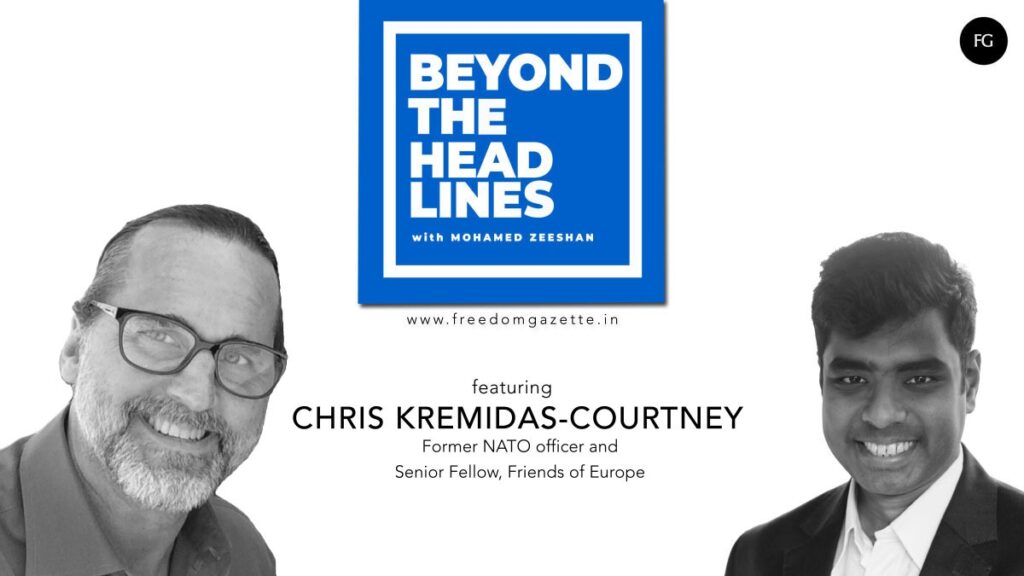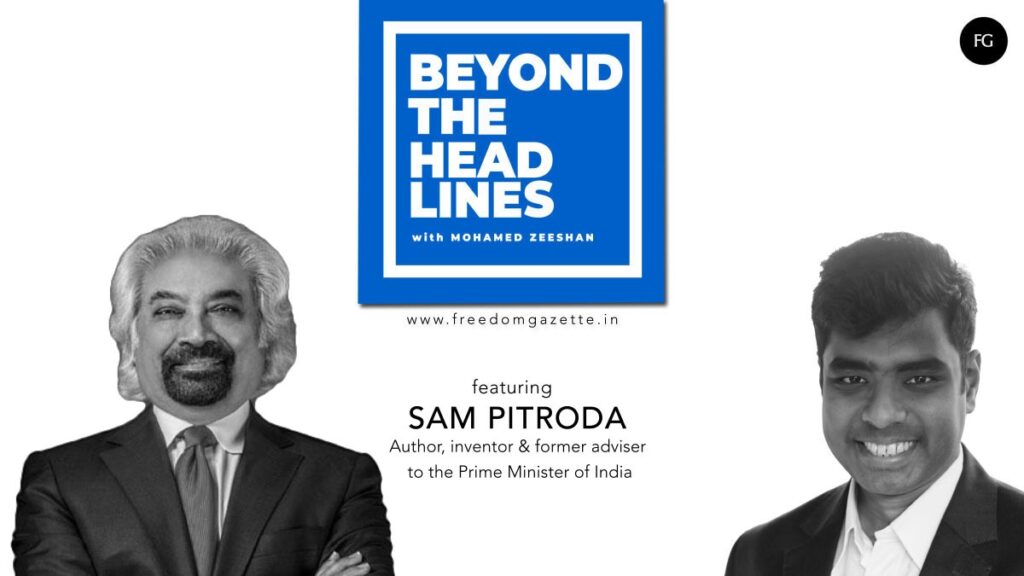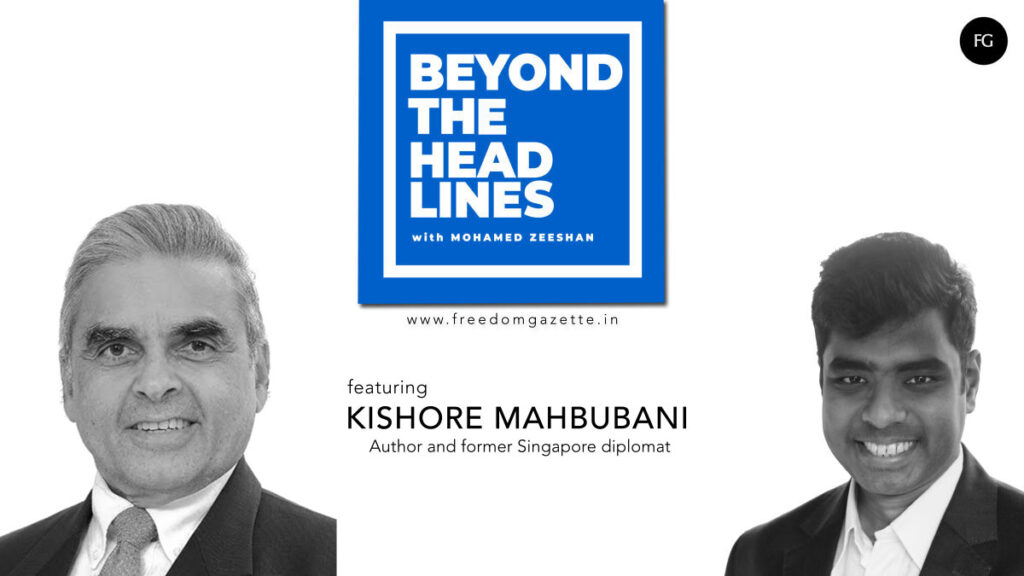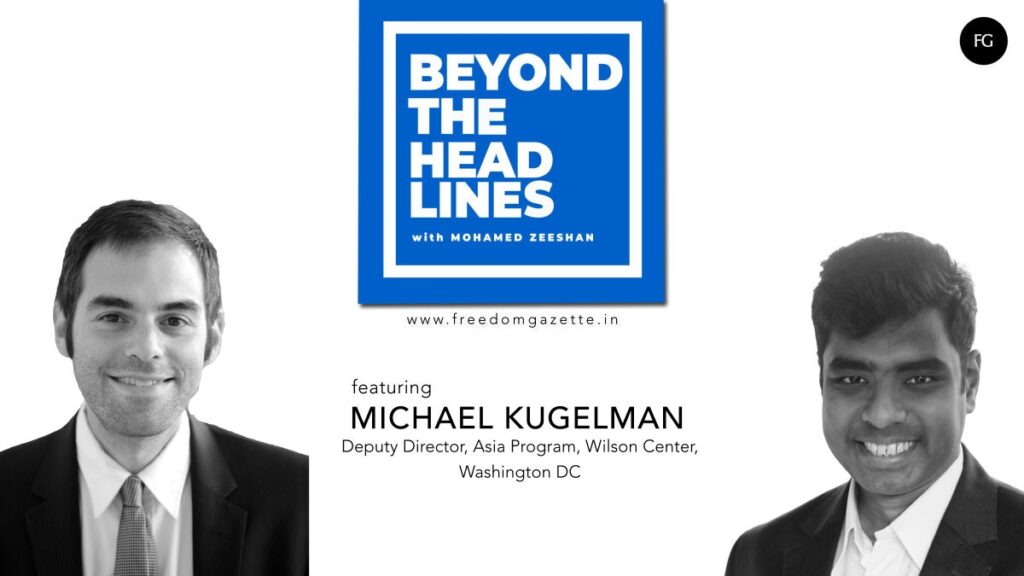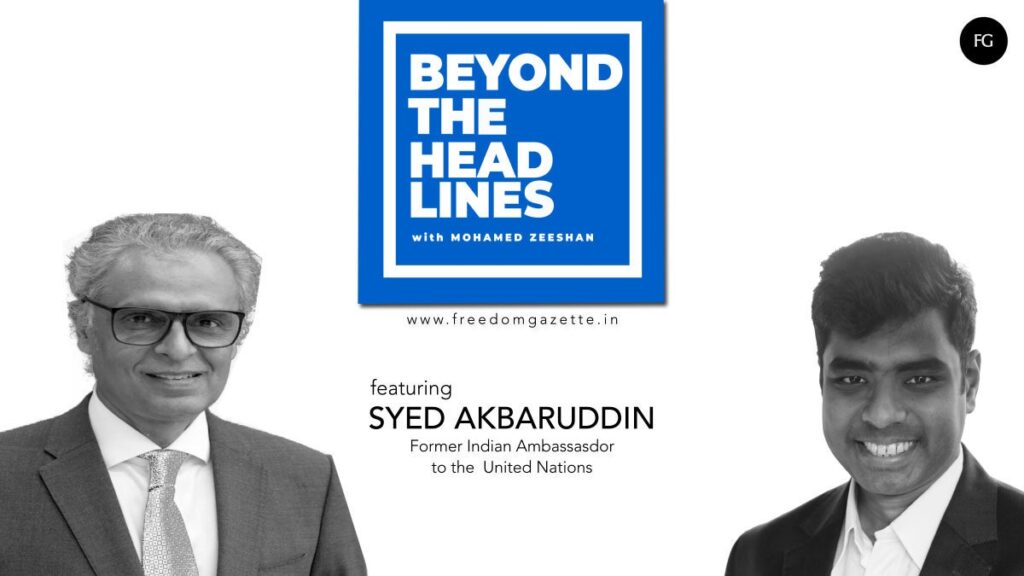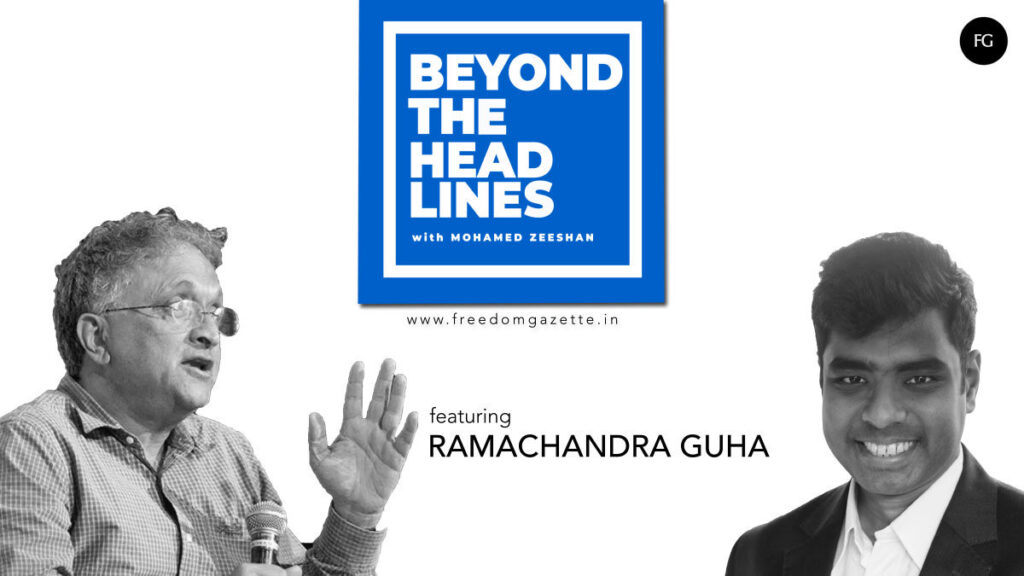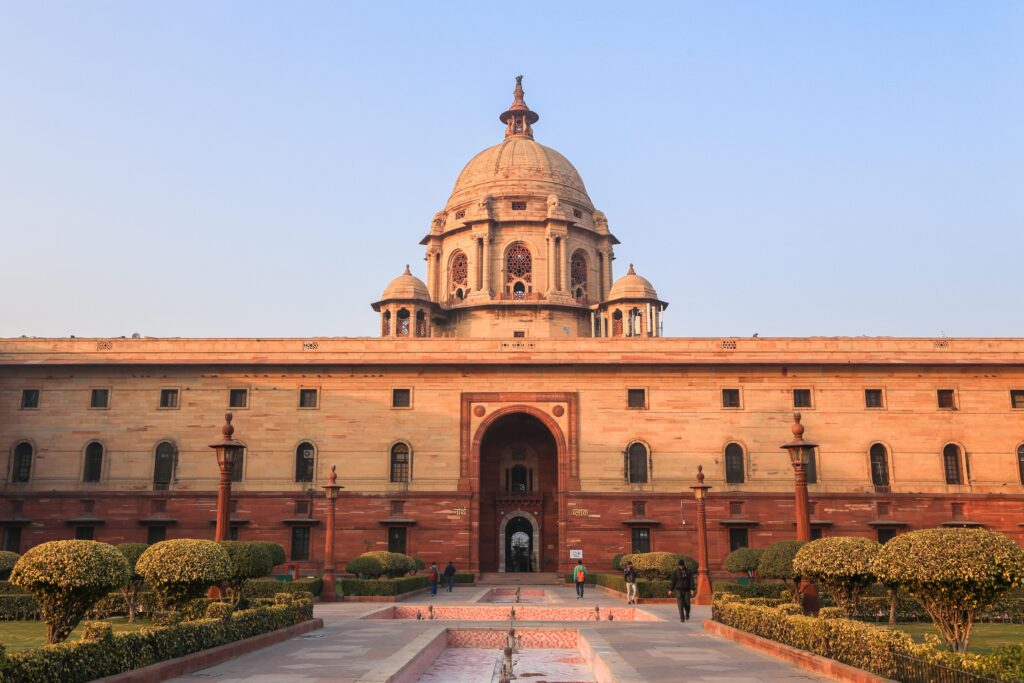In this episode of Beyond the Headlines, Mohamed Zeeshan spoke with Chris Kremidas-Courtney, a former NATO and U.S. Army veteran of 32 years and a senior fellow at the Brussels-based Friends of Europe. Chris spoke about the Ukraine conflict, how we got here, and what the war means for the world.
Posts published by “Mohamed Zeeshan”
Mohamed Zeeshan is a Founding Partner and the Editor-in-Chief of Freedom Gazette. He is the author of Flying Blind: India's Quest for Global Leadership (Penguin 2021). He is currently a foreign affairs columnist for The Diplomat, South China Morning Post and Haaretz, and writes 'The Z Factor' - a monthly Sunday column in the Deccan Herald. He has previously worked at the United Nations in New York and with the global consulting firm Kearney in Dubai. He is a graduate of International Affairs from Columbia University.In this episode of Beyond the Headlines, Mohamed Zeeshan spoke with Sam Pitroda, the man who led India's telecom revolution in the last century. Pitroda spoke about the COP26 summit, the role that technology can play in fighting climate change, the misuse of technology by autocrats, and more.
In this episode of Beyond the Headlines, Mohamed Zeeshan spoke with Kishore Mahbubani, former Singaporean ambassador to the United Nations. Mahbubani spoke about the role of the Quad, the new AUKUS deal, the ASEAN's fears and suspicions, India's strengths and opportunities, and much more.
In this episode of Beyond the Headlines, Mohamed Zeeshan spoke to Michael Kugelman, deputy director of the Asia Program at the Wilson Center in Washington DC. Kugelman talked about what led to the ongoing tragedy in Afghanistan, the possible future of that country under the Taliban, and more.
In the inaugural episode of Beyond the Headlines, Editor-in-Chief Mohamed Zeeshan spoke to Ramachandra Guha, eminent historian and author. Guha spoke about Indian democracy, compared India to other democracies, and dwelt on the roles and responsibilities of historians in public discourse.
India must go much further than just survive this pandemic. A political culture of communalism and vengeance led to opaque governance and misplaced policy priorities. Many Indians voted for false communal pride, but as the pandemic hit, they found that they needed oxygen instead.
Countries that run on manufacturing can afford linguistic nationalism in education. Folks in factory jobs don’t need to transact with people from foreign cultures on a daily basis. But in recent years, even the Chinese have begun to drop their English phobia. For India, English is vital.
If the Indian Army Chief believes that Nepal needs to be told by China to counter India, he is wrong: Nepal has long wanted to counter India. China only became a factor because of Nepal’s distrust of India. For years, hegemonic behaviour from New Delhi has been compromising India’s interests.
The Anti-Defection Law has created a democracy of parties and numbers in India, rather than a democracy of debate and discussion. Lawmaking is increasingly driven, not by the compulsive force of a party’s argument, but by the brute force of a party’s numbers in the legislature.

